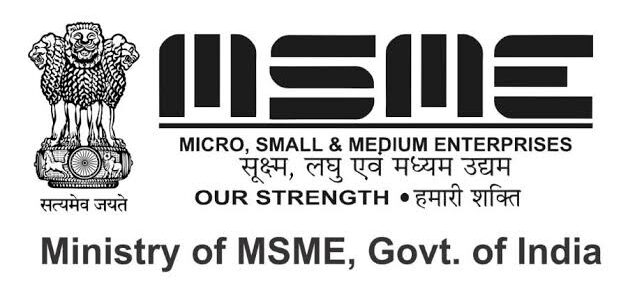A Section 8 Company is a company incorporated under Section 8 of the Companies Act, 2013, with the objective of promoting commerce, art, science, sports, education, research, social welfare, religion, charity, and protection of the environment. These companies are similar to Trusts and Societies but enjoy more credibility and recognition due to their registration under the Companies Act.
1. Definition and Nature
- Definition: A Section 8 Company is a company established for promoting charitable objects and profits, if any, are applied for promoting such objects and not distributed as dividends.
- Nature: These are non-profit entities that have a separate legal identity and are eligible for various tax exemptions.
2. Members Required
- Minimum Members: A minimum of 2 members for a Private Limited Section 8 Company and 7 members for a Public Limited Section 8 Company.
- Maximum Members: No upper limit on the number of members.
3. Registration
- Mandatory: Registration under the Companies Act, 2013, is mandatory.
- Process:
- Digital Signature Certificate (DSC): Obtain DSC for all directors.
- Director Identification Number (DIN): Obtain DIN for all directors.
- Name Approval: Apply for name approval through the MCA portal.
- Incorporation Form: File Form INC-12 for obtaining a license under Section 8 along with Form INC-13 (MOA), Form INC-31 (AOA), and other relevant documents.
- License: Upon approval, the Registrar of Companies (RoC) issues a license under Section 8.
- Certificate of Incorporation: Once the license is granted, the RoC issues a Certificate of Incorporation.
To get your Section 8 Company registration, you can contact WynSwell for all such services. We offer pan-India services to ensure your business complies with all necessary regulations.
4. Licenses
- Section 8 License: Obtain a Section 8 Company license from the RoC.
- Other Licenses: Depending on the nature of activities, other licenses such as GST registration may be required.
5. Taxation
- Income Tax: Section 8 Companies can avail tax exemptions under Section 12A and Section 80G of the Income Tax Act, 1961, subject to fulfilling certain conditions.
- GST: Not applicable on grants and donations; however, GST registration is required if providing taxable services.
6. Audit
- Statutory Audit: Mandatory annual audit of financial statements by a qualified Chartered Accountant.
- Internal Audit: As per the company’s articles and Companies Act, 2013.
7. Accounting Rules
- Bookkeeping: Maintain accurate records of all financial transactions.
- Financial Statements: Prepare Profit & Loss Statement, Balance Sheet, and Cash Flow Statement annually.
- Cash Flow Management: Crucial for the sustainability of the business.
- Filing Requirements: File annual financial statements and annual returns with the RoC.
8. Scope and Types
- Scope: Suitable for non-profit organizations focusing on charitable, social, and environmental objectives.
- Types: Section 8 Companies can be incorporated as Private or Public Limited Companies.
9. Banking Norms
- Separate Bank Account: Required to open a current account in the name of the Section 8 Company.
- KYC Norms: Banks require proof of identity, address proof, incorporation certificate, MOA, AOA, and PAN of the company.
10. Regulations
- Compliance with Companies Act: Adherence to the Companies Act, 2013.
- Labor Laws: Compliance if the business employs staff.
- FCRA: If the company receives foreign contributions, registration under the Foreign Contribution Regulation Act (FCRA) is required.
11. NBFC Rule for Section 8 Company
- Section 8 Companies are prohibited from engaging in any NBFC activities, including lending or accepting deposits. Their primary objective must be promoting charitable activities.
12. Advantages
- Tax Benefits: Significant tax exemptions under Section 12A and Section 80G of the Income Tax Act.
- Credibility: Enjoys more credibility and recognition compared to Trusts and Societies.
- Limited Liability: Members have limited liability.
- Separate Legal Entity: Distinct from its members, ensuring perpetual succession.
13. Disadvantages
- Compliance Requirements: Higher compliance and regulatory requirements compared to Trusts and Societies.
- No Profit Distribution: Profits cannot be distributed to members; they must be reinvested in promoting the objectives.
Conclusion
A Section 8 Company is an ideal structure for organizations aiming to promote charitable and non-profit objectives. It provides significant tax benefits, credibility, and a regulated framework. However, it comes with higher compliance requirements and restrictions on profit distribution.
For assistance with your Section 8 Company registration and other compliance needs, contact WynSwell. We offer comprehensive services across India to help you focus on your charitable objectives without worrying about compliance issues












